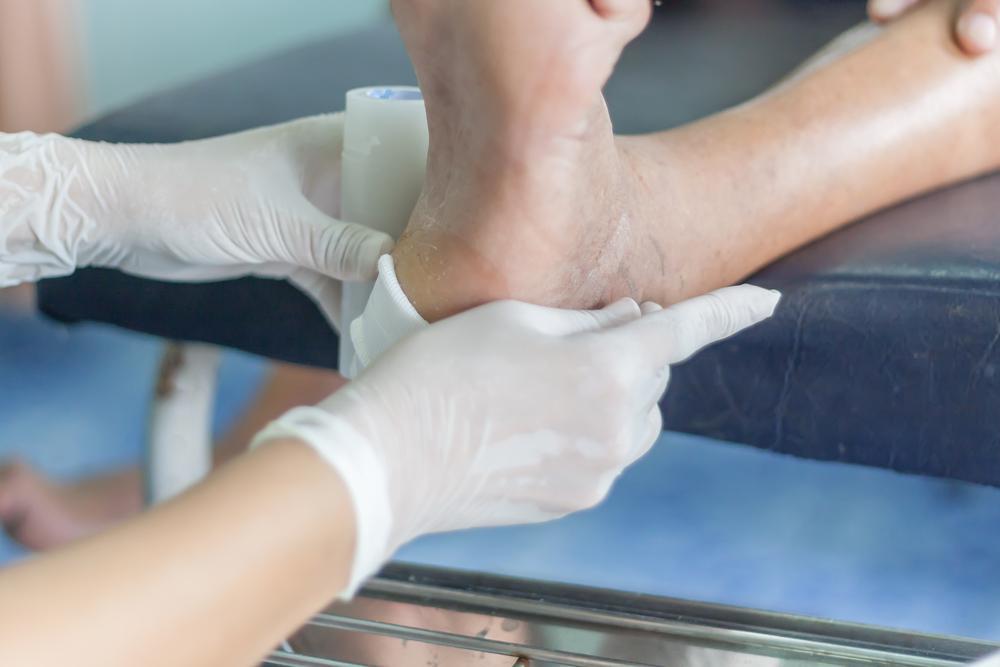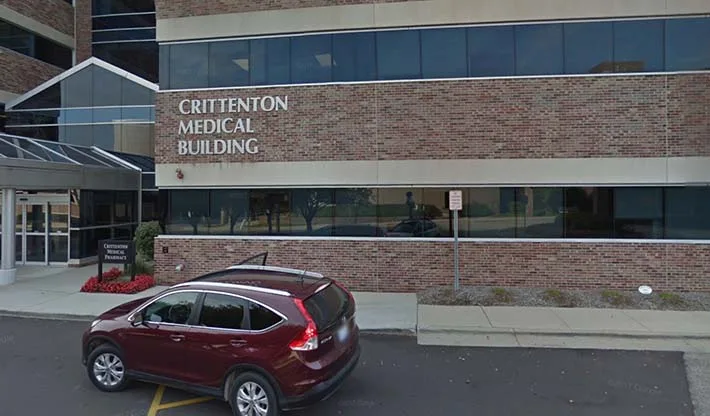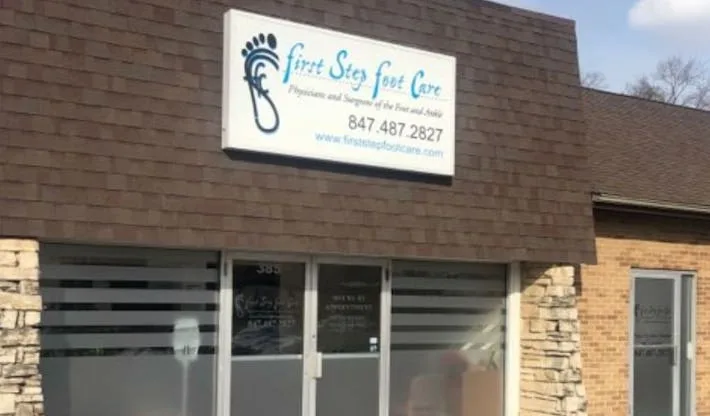Managing diabetes takes a lot of work. You need to monitor your blood glucose levels, take your medicine on a regular basis, see the doctor routinely, keep an eye on everything you eat and make sure you get enough exercise — and that’s just for starters. Because diabetes affects your blood sugar levels, it has the potential to cause widespread damage, including damage to your feet. In fact, the Centers for Disease Control says about 60 percent to 70 percent of people with diabetes will also suffer from diabetic neuropathy, or nerve damage caused by fluctuating blood sugar levels.
Neuropathy and your feet
Neuropathy can occur anywhere, but with diabetes, it most commonly affects your feet, causing symptoms like sharp pain, pins-and-needles sensations, and numbness that can make it difficult to tell when your feet are injured. When sensations in your feet are diminished, even small injuries like ingrown toenails, blisters or tiny cuts can quickly become major medical problems. That’s because when you can’t feel the painful sensations associated with foot injuries, you can wind up putting off care, allowing those injuries to grow or become infected. What’s more, since diabetes also interferes with normal circulation, sores on your feet typically don’t heal as quickly or as completely.
Having a sore that doesn’t heal sounds painful, but maybe not that serious. In fact, when sores don’t heal, infections can quickly spread, especially when the natural healing response is suppressed by poor circulation. According to a report published in the American Journal of Managed Care, the number of toe and limb amputations due to diabetes is on the rise in the U.S., and researchers estimate that every day, 230 diabetics will have an amputation due to poor wound healing.
Caring for your feet
If you have diabetes, it’s important to add regular foot care to your list of daily activities. Here’s what to do:
- The first step in caring for your feet is to inspect them every day for sores, blisters, corns, calluses, swelling, skin changes and other signs and symptoms so you can administer treatment to encourage healing and prevent infection. To make sure your feet stay as healthy as possible, wash them every day with a mild soap and warm water and dry them thoroughly, paying special attention to the area in between your toes. Apply a moisturizer to just the tops and bottoms of your feet to keep the skin supple.
- Even though it may feel good, if you have diabetes, you shouldn’t go barefoot, even indoors. Wearing socks and shoes or slippers that fit securely can help prevent bumps and scrapes that could injure your feet. Make sure your shoes fit well — aim for a secure fit that prevents slippage but isn’t too tight — and always wear socks with your shoes.
- Keep your toenails trimmed properly. Never cut your nails on curve; always cut them straight across and gently round the corners so they’re not sharp or jagged. Cutting toenails in a curved shape increases the likelihood you’ll develop ingrown toenails which can quickly become infected. If you can’t reach your feet, call our office and schedule a visit to have your nails trimmed professionally.
- Don’t try to treat foot problems yourself. It may be tempting to opt for an over-the-counter remedy for corns and calluses, but many of these products can irritate and even burn your skin. If you have a foot problem, schedule an office visit so you can receive the best treatment to promote healing and prevent infection.
- Stay active. Getting plenty of exercise improves circulation, which in turn can keep your feet healthy and improve healing responses. Choose low-impact activities that don’t put too much strain on your feet.
- See your podiatrist at least every year. Annual checkups are important to ensure your feet stay healthy. Of course, you should also call the office any time you notice pain, sores, swelling, bruises, changes in your skin or other unusual symptoms.
Keep your feet healthy
At Great Lakes Foot and Ankle Institute PC, we offer comprehensive care for diabetic foot problems. Every treatment is customized depending on the patient’s unique needs to help ensure optimal health. If you have diabetes, it’s important to make foot care a priority. To learn what you can do to keep your feet healthy, book an appointment online today.







